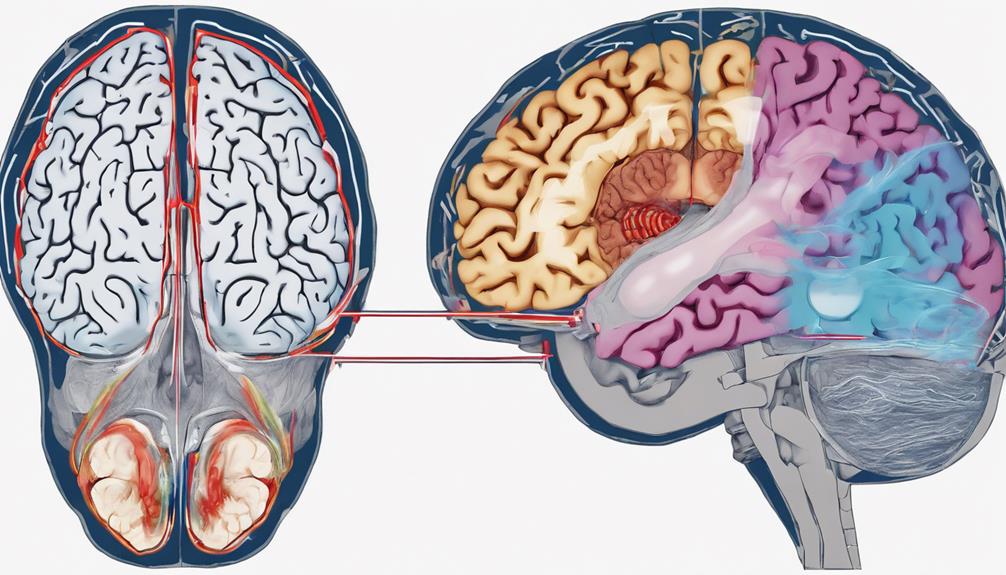Neuroscientific research on hypnosis reveals valuable insights: 1) Brain activity shows increased synchronization, particularly in the limbic system tied to emotional processing. 2) Prefrontal cortex involvement in cognitive control during hypnotic states is notable. 3) Altered states involve cognitive shifts affecting suggestibility. 4) Pain perception modulation through cognitive processes is evident. 5) Hypnosis leverages neuroplasticity, altering brain activity and connectivity. 6) Suggestibility impacts false memory formation. 7) Suggestion alters neural networks associated with cognitive and emotional functions. This research provides key understandings into the intricate workings of hypnosis phenomena.
Brain Activity During Hypnosis
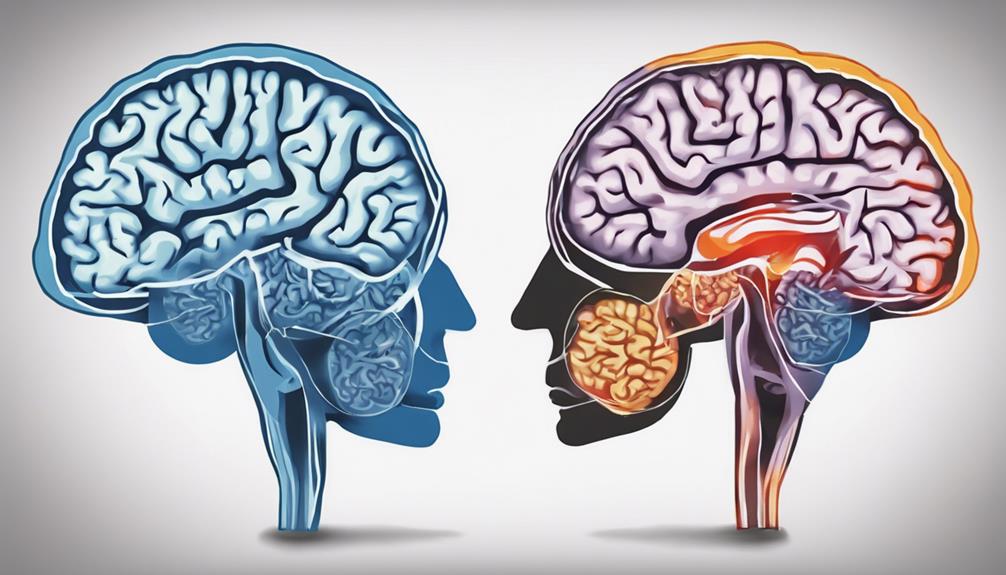
Examining brain activity patterns during hypnosis provides valuable insight into the neural mechanisms underlying this phenomenon. Research has shown that during hypnosis, there is an increase in neural synchronization, particularly within the limbic system. The limbic system, known for its role in emotions and memory, becomes more active during hypnosis, suggesting a link between emotional processing and hypnotic susceptibility.
Moreover, attentional focus during hypnosis plays a crucial role in shaping brain activity. Studies have demonstrated that individuals with higher hypnotic susceptibility exhibit greater neural synchronization in brain regions associated with attention and cognitive control. This heightened attentional focus may contribute to the alterations in perception and suggestibility observed during hypnosis.
Understanding the neural underpinnings of attentional mechanisms can provide valuable insights into how hypnosis influences cognitive processes.
2. Role of the Prefrontal Cortex
Brain imaging studies have highlighted the significant involvement of the prefrontal cortex in the neural processes underlying hypnosis phenomena. The prefrontal cortex plays a crucial role in cognitive control, executive functions, decision making, and emotional regulation during hypnotic states.
Specifically, during hypnosis, there is increased activity in the prefrontal cortex, indicating its active participation in modulating attention, perception, and response to suggestions.
Cognitive control mechanisms mediated by the prefrontal cortex are essential for regulating thoughts, behaviors, and emotions during hypnosis. Executive functions such as planning, problem-solving, and inhibitory control are influenced by the prefrontal cortex, impacting suggestibility and responsiveness to hypnotic cues.
Moreover, the prefrontal cortex is integral in decision-making processes, guiding individuals to accept or reject hypnotic suggestions based on internal beliefs and external cues. Additionally, emotional regulation, a function linked to the prefrontal cortex, influences the emotional responses and experiences individuals may have while under hypnosis.
Understanding the prefrontal cortex's role provides valuable insights into the neural mechanisms underlying hypnosis phenomena.
3. Altered States of Consciousness
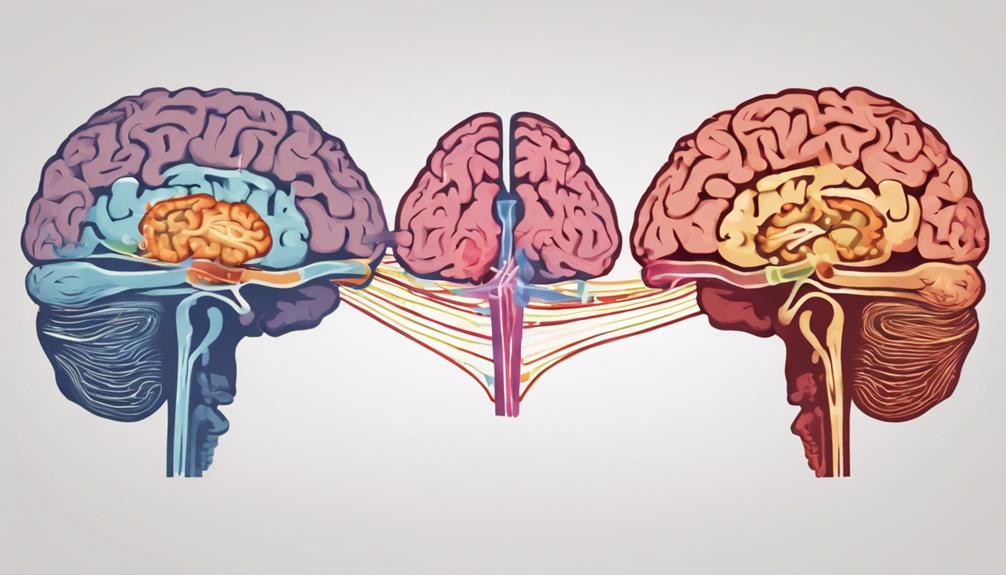
Investigating the neurobiological correlates of altered states of consciousness provides valuable insights into the underlying mechanisms of hypnotic phenomena. Altered awareness, a key characteristic of altered states of consciousness, involves significant changes in cognitive processes. These alterations can impact various aspects of perception, memory, and self-awareness.
One crucial element in altered states is attention modulation. Studies have shown that during hypnosis, individuals can exhibit heightened focus and concentration on specific stimuli while being less responsive to others. This selective attention modulation may play a vital role in the suggestibility and responsiveness observed in hypnotic states.
Furthermore, self-perception is often altered in states of heightened suggestibility. Individuals undergoing hypnosis may experience changes in how they perceive themselves, their abilities, and their surroundings. Understanding the neurobiological basis of these shifts in self-perception can shed light on the mechanisms underlying the efficacy of hypnosis in various therapeutic applications.
4. Influence on Pain Perception
The modulation of pain perception under hypnotic conditions reveals intriguing insights into the interaction between cognitive processes and sensory experiences.
Hypnosis has been shown to influence pain perception through mechanisms such as the placebo effect, where individuals experience pain relief without the administration of any actual pain-relieving substances. This phenomenon highlights the powerful role of cognitive control in altering subjective experiences of pain.
Moreover, hypnosis has been found to impact emotional responses to pain, further emphasizing the complex relationship between psychological factors and pain perception.
5. Neuroplasticity in Hypnosis
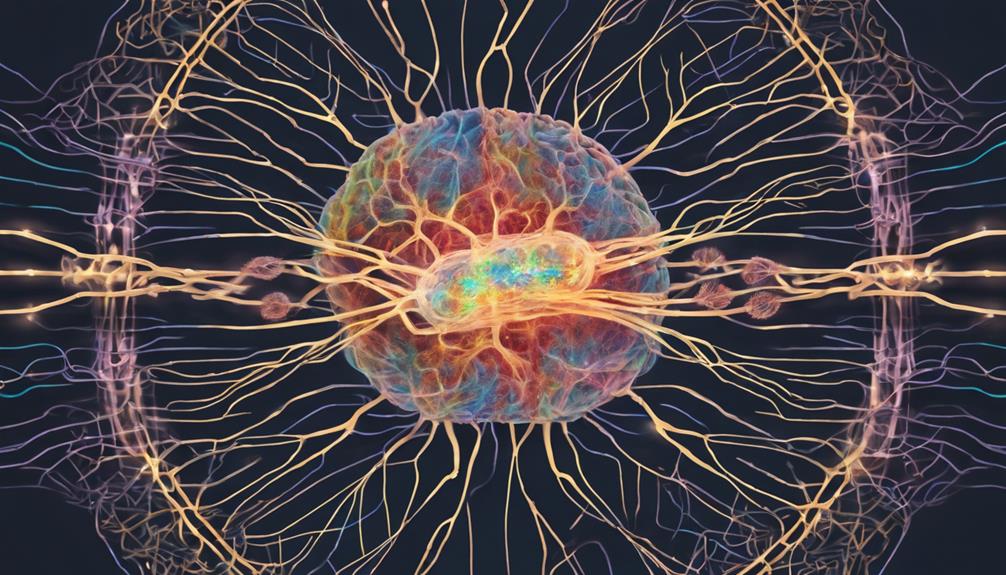
Neuroplasticity in hypnosis has emerged as a significant area of study, illuminating the brain's adaptive capacity in response to hypnotic suggestions.
Through the process of neuroplasticity, the brain exhibits remarkable neural rewiring in response to hypnotic inductions. Research has shown that hypnosis can induce changes in brain activity and connectivity, leading to alterations in perception, cognition, and behavior.
One key aspect of neuroplasticity in hypnosis is its influence on cognitive flexibility. Hypnotic suggestions can facilitate the brain's ability to reorganize neural pathways, thereby enhancing cognitive functions such as problem-solving, decision-making, and creativity.
This enhancement in cognitive flexibility is attributed to the brain's capacity to adapt and change in response to hypnotic instructions.
6. Suggested Vs. Actual Memory
Recent studies have shed light on the intriguing comparison between suggested memories and actual memories within the context of hypnosis. Suggestibility plays a crucial role in the formation of false memories during hypnotic sessions. Individuals under hypnosis are more susceptible to accepting and recalling information suggested to them, even if it did not occur. This phenomenon highlights the malleability of memory recall under hypnotic conditions.
Memory accuracy is a key factor to consider when examining suggested versus actual memories. Research indicates that memories formed under hypnosis may not always align with reality, leading to discrepancies in recall accuracy. The power of suggestion can distort an individual's memory, creating false recollections that feel real to the individual experiencing them.
Understanding the distinction between suggested and actual memories in hypnosis is essential for evaluating the reliability of memories retrieved during hypnotic sessions. The impact of suggestibility on memory recall accuracy underscores the complexity of memory processes within the hypnotic state.
7. Neural Correlates of Suggestion
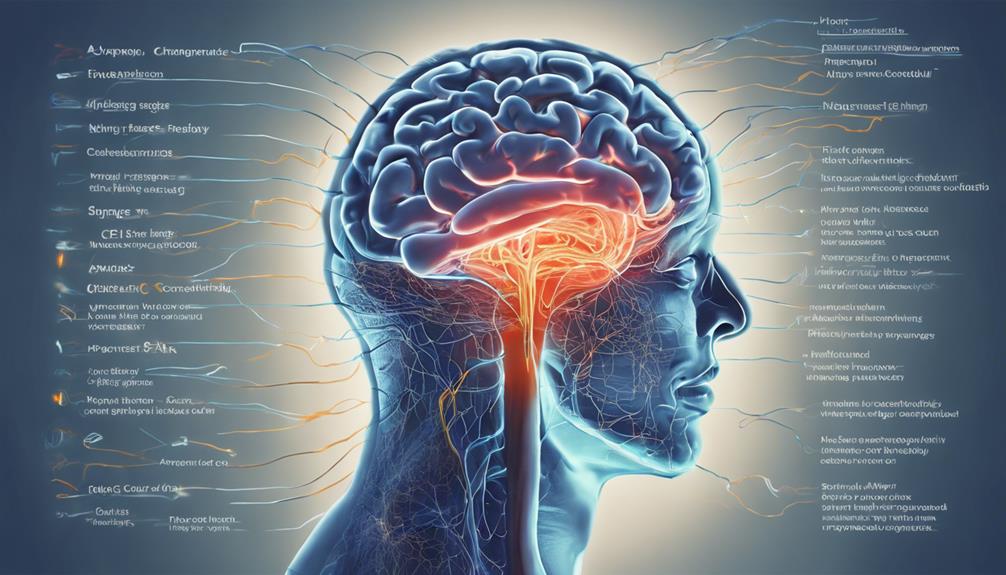
Exploring the brain mechanisms underlying suggestion in the context of hypnosis reveals intricate neural correlates associated with altered cognitive processing. Studies have indicated that suggestion during hypnosis can modulate various neural networks involved in cognitive functions and emotional regulation.
Neuroimaging research suggests that the prefrontal cortex, known for its role in executive functions and decision-making, is particularly active during suggestion-induced alterations in cognition. Additionally, the anterior cingulate cortex, linked to cognitive control and emotional processing, shows increased connectivity during hypnotic suggestion, indicating a potential mechanism for the regulation of emotional responses.
Moreover, the involvement of the insula, a brain region implicated in interoceptive awareness and emotional regulation, has been observed during suggestion in hypnosis. These neural correlates highlight the intricate interplay between cognitive processing and emotional regulation during suggestibility, shedding light on how hypnosis can influence perception, memory, and behavior through targeted suggestions that modulate brain activity in key regions responsible for these functions.
Frequently Asked Questions
Can Hypnosis Be Used to Enhance Cognitive Performance?
Hypnosis has shown potential in enhancing cognitive performance through memory enhancement, focus improvement, creativity boost, and problem-solving skills. Research suggests that it can positively impact these areas, offering opportunities for cognitive enhancement.
Is There a Genetic Predisposition to Being Hypnotizable?
Genetic factors play a significant role in hypnotizability, contributing to individual differences in susceptibility to hypnosis. Research indicates a heritable component in hypnotic response, suggesting a genetic predisposition that influences an individual's responsiveness to hypnotic suggestions.
How Does Hypnosis Affect Emotional Regulation?
Hypnosis can enhance emotional regulation by promoting stress management, reducing anxiety, and enhancing mood. Research suggests it can help individuals achieve better emotional well-being through altered states of consciousness that promote relaxation and suggestibility.
Can Hypnosis Be Used to Treat Addiction?
Hypnosis therapy shows promise in addiction recovery by addressing subconscious motivations in substance abuse. Utilizing hypnotic techniques can complement traditional treatments, aiding in breaking addictive patterns and promoting lasting behavioral changes.
What Are the Long-Term Effects of Regular Hypnosis Practice?
Regular hypnosis practice may lead to long-term memory enhancement, emotional healing, stress reduction, and behavior modification. Studies suggest that consistent hypnosis sessions can positively impact cognitive functions, emotional well-being, and behavioral patterns over time.
Conclusion
In conclusion, the neuroscientific insights into hypnosis phenomena demonstrate the complex interplay between brain activity, altered states of consciousness, pain perception, neuroplasticity, memory, and suggestion.
These findings provide valuable information on the neural mechanisms underlying hypnosis and its effects on cognition and behavior.
Further research in this area can enhance our understanding of the underlying processes and potential applications of hypnosis in various fields, such as healthcare and psychology.

